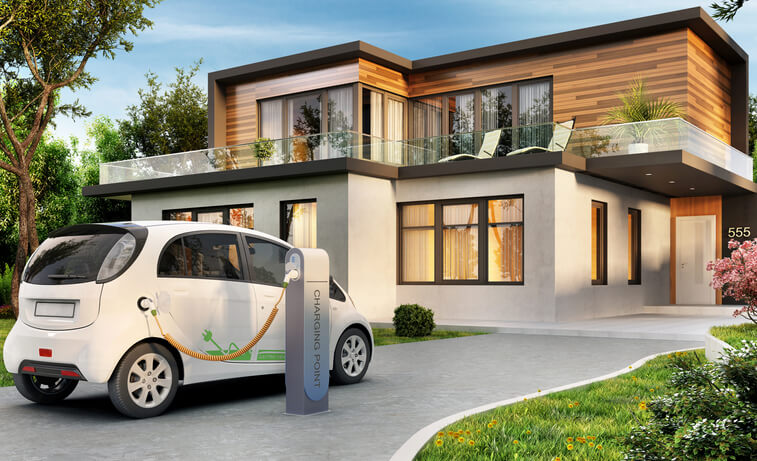Considering Hybrid And Electrical Mechanic Training? What To Know About Home Charging Systems
As environmental concerns grow and technological advancements continue, the automotive industry rapidly shifts towards hybrid and electric vehicles (EVs). This has led to an increased demand for skilled technicians who understand the nuances of these cutting-edge machines. If you’re considering venturing into hybrid and electrical mechanic training, it’s not just the vehicle’s mechanics you’ll need to grasp but also the various home charging systems available. Here’s a primer on what you need to know.
The Basics of Home Charging Systems
Hybrid vehicles, by design, have both a gasoline engine and an electric motor, whereas EVs rely solely on electric power. EVs need to be charged, similar to how our smartphones need daily (or at least regular) charging. This is where home charging systems come into play. They allow users to charge their vehicles from the comfort of their homes, usually overnight, when electricity rates are cheaper.
Levels of Charging
As you’ll discover in automotive training, there are three primary levels of home charging. Level 1 Charging uses a standard 120-volt household outlet and is the slowest form of charging, ideal for plug-in hybrids with small batteries or EVs when faster charging isn’t available. Level 2 Charging requires a 240-volt circuit, similar to what dryers use.
It can recharge an EV overnight comfortably, making it a popular choice for most homeowners with EVs due to its balance between charging speed and infrastructure cost. Level 3 Charging, also known as DC Fast Charging, is rarely found in homes because of its high power requirements and cost. This type of charging can recharge an EV in under an hour and is primarily located in commercial settings or along highways.

Installation Considerations
Installing a home charging system is more than just a plug-and-play affair. EV owners must ensure that their home’s electrical panel can handle the additional load, which might mean upgrading their panel or installing a dedicated one for the charger. While some people can charge with a simple plug outside their home, others might require a more complex installation, with costs usually lower the closer the charger is to the electrical panel.
Furthermore, for safety reasons, it’s crucial to use a licensed electrician familiar with EV charging installations to ensure that all safety protocols are followed, thereby reducing the risk of electrical fires or system malfunctions.

The Role of a Hybrid and Electric Vehicle Mechanic
In today’s fast-evolving automotive world, the role of a mechanic is not limited to traditional gas-powered vehicles. As a hybrid and electric vehicle mechanic, deepening your knowledge of home charging systems can significantly elevate your professional standing. With the growing popularity of these eco-friendly vehicles, owners frequently grapple with questions about charging times, system efficiency, or troubleshooting potential issues.
Your expertise in this domain can provide your clients with clarity and peace of mind. Offering comprehensive insights and solutions enriches your service offerings and firmly establishes you as a trusted advisor. In an era where electric mobility is becoming the norm, staying ahead of the curve with specialized knowledge ensures you’re indispensable in the automotive industry.
Are you interested in hybrid and electrical mechanic training?
Contact ATC Montreal for more information.


